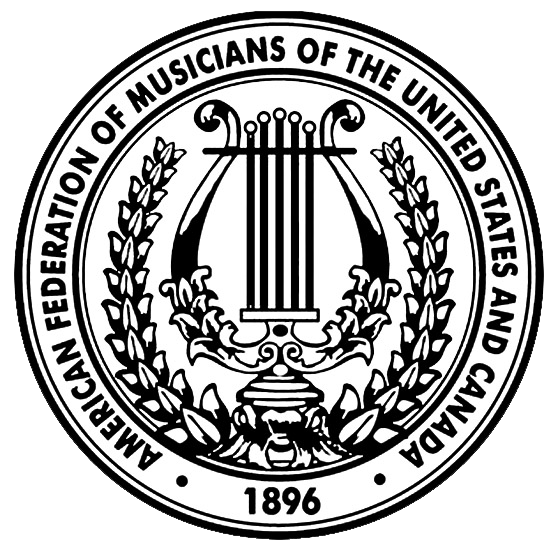Entertainment Workers Need Emergency Relief
Arts & Entertainment Unions Call on Policymakers To Take Action
With hundreds of thousands of creative professionals out of work as a result of the COVID-19 outbreak, the American Federation of Musicians of the United States and Canada (AFM) joined with other unions in calling on the White House, Treasury Secretary Steven Mnuchin, and Congress to quickly pass emergency relief legislation that both enhances and expands state unemployment benefits and sends direct unrestrained cash to the impacted workers they represent.
“We and our sister entertainment unions recognize that the Families First Coronavirus Response Act does not provide specific relief for musicians and other entertainment workers who are uniquely impacted by the coronavirus crisis, nor does it address the short-term nature of our work, often for multiple employers. We are working to have legislation introduced, which would provide relief for working people in the entertainment industry, which we believe is every bit as crucial to the economy as the cruise ship, airline and travel industries,” said AFM President Ray Hair.
This week, the Families First Coronavirus Response Act was signed into law. The legislation provides relief to many working people across the United States, but its paid sick leave and childcare leave provisions only apply to a limited number of still-employed arts, entertainment, and media workers.
Current state unemployment insurance benefits tend to be insufficient for arts and entertainment workers, and many will not be eligible for the paid leave expansion in the newly passed Families First Coronavirus Response Act.
“Arts, entertainment, and media workers have been hit hard by this public health and economic crisis. Overnight, production and performances industry-wide shut down indefinitely, leaving most entertainment and media workers without a source of income to cover essential expenses. Workers who are left without a paycheck and may not qualify for unemployment have no recourse unless Congress acts now. Elected officials have a moral responsibility to ensure emergency relief packages address these workers’ unique circumstances,” said Department for Professional Employees, AFL-CIO (DPE) President Jennifer Dorning.
Arts, entertainment, and media unions are calling on the federal government to include the following in its future COVID-19 related emergency relief legislation:
- Provide states with dedicated funds to increase unemployment benefits and extend the number of eligible weeks beyond 26 weeks, similar to what was done during the 2008 recession.
- Access to unemployment benefits for the many creative professionals who rely on contract work, tipped jobs, or their own small business to supplement their income and earn a living.
- Continue enhancing the Unemployment Compensation system, including for those who lose expected work because their productions are shut down.
- Direct cash to affected workers and self-employed individuals that’s unrestricted, sent bi-weekly, and not tied to actual lost wages, work histories, or federal tax obligations.
- Direct cash plans that consider the number of children a worker has to care for.
- The benefit amount for direct cash plans should exceed $1,000 a month, due to the cost of living throughout the country. For example, in New York the estimated cost for a family of four is $6,976 and in Birmingham, Alabama the estimated monthly costs for a family of four is $3,434. Both figures are much higher than existing unemployment benefits provide.
- Enhancements to SNAP and WIC food programs.
- Provide paid sick leave, mortgage and rent payment relief, student loan payment waivers, credit reporting moratoriums, and childcare assistance.
AFM is committing to advocacy with other arts, entertainment, and media unions including Actors’ Equity Association, American Guild of Musical Artists, American Guild of Variety Artists, Directors Guild of America, Guild of Italian American Artists, International Alliance of Theatrical Stage Employees (IATSE), Moving Picture Technicians, Artists and Allied Crafts, International Brotherhood of Electrical Workers, Office and Professional Employees International Union, SAG-AFTRA, Stage Directors and Choreographers Society, and Writers Guild of America, East.
